New Industrial Policy To Promote Electric Vehicles
Table of Contents
Why in the discussion?
Recently the Electric Vehicles EV Policy, 2020 has been notified by the Central Government. The policy emphasizes the replacement of private four-wheelers by electric vehicles with two-wheelers, public transport, and common vehicles and goods carriers.
key points:
Features:
- The Electric Vehicle Policy 2020 promotes the replacement of existing auto-rickshaws and state-run buses with e-autos and e-buses. The policy has also ensured that the delivery-based services operating in the city are linked to e-mobility.
- This policy talks about increasing the road tax for fuel-based vehicles and levying congestion fees in some parts of the city, in which electric vehicles will be exempted from this fee.
- In this policy, there is a ‘scraping incentive’ for those who want to exchange the old fuel-based vehicle while buying an electric vehicle, which will reduce the vehicle cost.
- The government will provide loans at a low-interest rate to those wishing to buy commercial electric vehicles.
- This policy provides an exemption from the subsidy, road tax, and registration fee for electric vehicles purchased in the capital.
- Currently, the road tax ranges from 4% to 10% of the cost of the vehicle, while the price of the registration fee may also increase.
- Apart from this, a subsidy of Rs 30,000 will be given on the basis of 5,000 kilowatt-hour-kWh of battery capacity of the electric vehicle.
- A subsidy of Rs 10,000 per kWh will be provided on the purchase of the first 1,000 e-cars or electric four-wheelers.
- This subsidy will be in addition to the subsidy given by the central government under its FAME India Phase 2 scheme, which provides an equal amount exclusively on the purchase of electric two-wheelers, electric heavy passenger, and goods vehicles.
- A State Electric Vehicle Fund will be set up to cover all the expenses of the Electric Vehicle Policy, 2020. A State Electric Vehicle Board will also be constituted for effective implementation of the policy and management of funds. In addition, a dedicated Electric Vehicle Cell will also be formed.
Objectives of Electric Vehicle Policy
- Reducing air pollution and boosting the economy by intensifying demand.
- Delhi experiences a public health emergency every year due to rising air pollution, which has become a recurrent annual crisis.
- During the lockdown due to COVID-19, the capital witnessed a sharp drop in PM 10 and PM 2.5 levels.
- Addressing both problems, including the high cost of procurement and lack of adequate charging infrastructure.
- Registering at least 5,00,000 EVs in Delhi in the coming five years.
Delivery-based and ride-hailing services
- Ride-hailing service providers will be allowed to operate electric two-wheeler taxis to operate under the guidelines to be issued by the Transport Department.
- It is expected that the amount received under the policy will encourage food delivery, e-commerce logistics providers and service providers of courier services to use electric two-wheelers.
- All delivery service providers are projected to convert 50% of their group of vehicles operated in Delhi to electric vehicles by 31 March 2023 which is expected to be 100% by 31 March 2025.
- Delivery service providers who are committed to achieving these goals will be eligible for financing assistance from the Delhi Finance Corporation.
Buses:
- The policy states that half of the state’s buses to be procured in the next three years will be fully electric buses.
- By the year 2020, 1,000 fully electric buses will be inducted.
Auto Rickshaw:
- The incentive amount for the purchase of auto-rickshaws will be Rs 30,000 per vehicle which will be related to the use of new electric autos.
- An open permit system will be put in place for the grant of permits on a first-come, first-served basis with a valid Light Motor Vehicle Driving license and Public Service Vehicle Badge.
- There will be no cap on permits issued to e-autos in Delhi as they are zero-emission vehicles.
- At present, there is a fixed limit on the number of CNG-run auto-rickshaws that are allowed to play in the city.
Initiatives of the Central Government in the context of Electric Vehicles
- The government has set a target of selling 30% of the total cars and two-wheeler electric vehicles by the year 2030.
- In order to build a sustainable electric vehicle ecosystem, the ‘National Electric Mobility Mission Plan-NEMMP’ and ‘Faster Adoption and Manufacturing of (Hybrid) Electric Vehicles’ (Hybrid) in India &) Electric Vehicles in India-FAME India) have been started.
- NEMMP was launched in the year 2013 with an aim to achieve national fuel security by promoting hybrid and electric vehicles in the country. An ambitious target of 6-7 million sales of hybrid and electric vehicles year-on-year has been set from the year 2020.
- FAME India was launched in the year 2015 with the objective of supporting the hybrid/EV market development and manufacturing ecosystem. The scheme includes 4 focus areas- Technology Development, Demand Creation, Pilot Projects, and Charging Infrastructure.
- Organisations like the Bureau of Indian Standards (BIS), the Department of Heavy Industry, Automotive Research Association of India are responsible for the preparation of design and manufacturing standards for Electric Vehicles and Electric Vehicle Supply Equipment (EVSEs). Huh.
- The Minister said that the State has proposed to the Central Government to set up Solar Parks in Madhya Pradesh amidst adequate availability of land banks. Sanjay Kumar Shukla, Principal Secretary, Department of Industrial Policy and Investment Promotion, said, “The state is working on developing a conducive environment for industries, and road and rail connectivity has improved.
- The government is also working on expediting the process of allocation of incentives to facilitate industries. Planned airport near Indore will benefit cities near Indore in the long run.

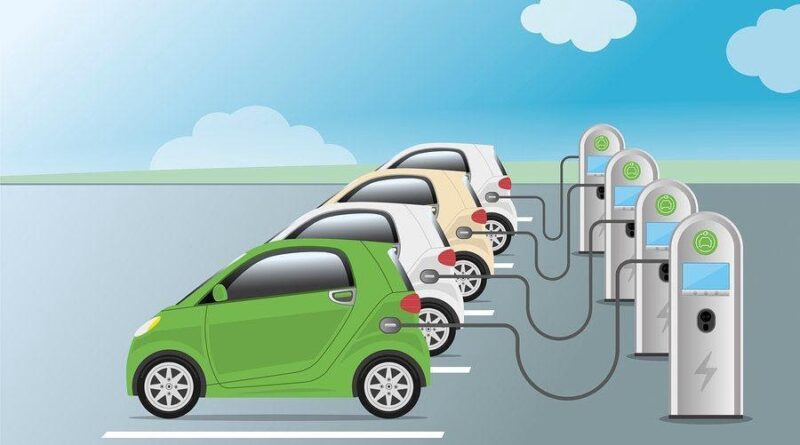
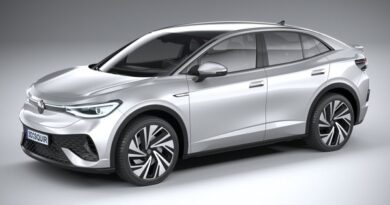

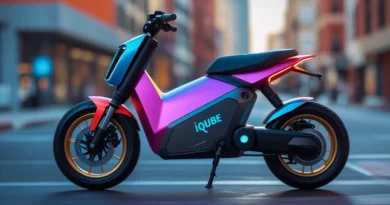
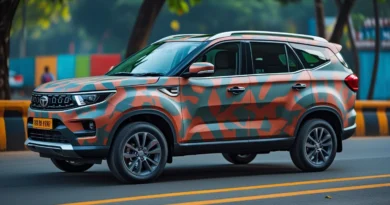
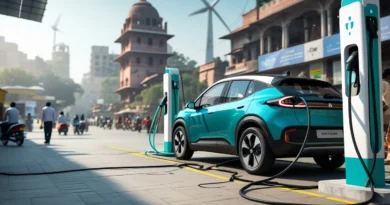
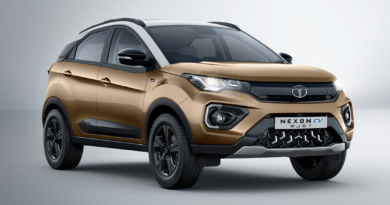
Hi there, I enjoy reading all of your post. I wanted to write a little comment to support you.
Hmm it looks like your blog ate my first comment (it was
super long) so I guess I’ll just sum it up what
I submitted and say, I’m thoroughly enjoying your
blog. I as well am an aspiring blog writer but I’m still
new to the whole thing. Do you have any tips and hints for newbie blog writers?
I’d genuinely appreciate it.
Excellent beat ! I wish to apprentice whilst you
amend your web site, how can i subscribe for a weblog site?
The account helped me a appropriate deal. I had been a little bit familiar
of this your broadcast offered brilliant transparent idea